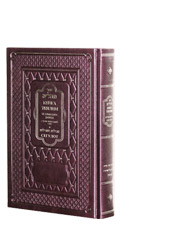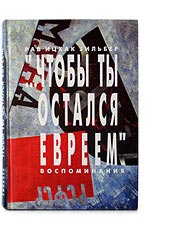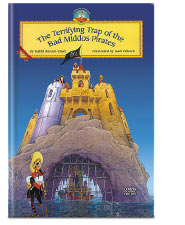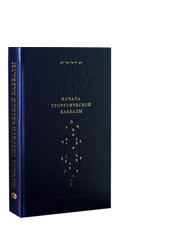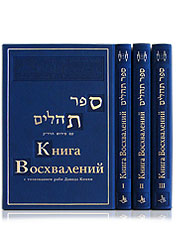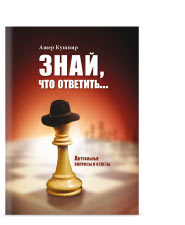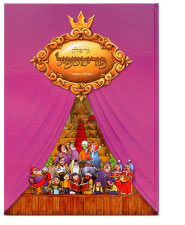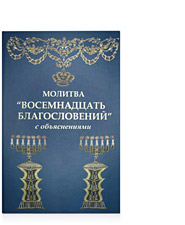
The Memoirs of Rav Yitzchok Zilber zt"l "To Remain A Jew" - Part I
My great-great grandfather from my father's side, Rav David Tziyuni, lived two hundred years ago. During his last years he was the rabbi of Lyutzin, then part of Czarist Russia.
PART 1
MY GENEOLOGY
cHAPTER 1
Lyutzin
Great-Grandfathers
My great-great grandfather from my father's side, Rav David Tziyuni, lived two hundred years ago. During his last years he was the rabbi of Lyutzin,[1] then part of Czarist Russia.
After Rav David Tziyuni, the rabbi of the city for almost half a century, his son Rav Naftali, my great-grandfather, who is mentioned in The History of the Jews of Kurlyandia (L.B. Avchinsky, 1908) took over. One of Rav Tziyuni’s progeny, Rav Yisrael Zeligman, also mentioned him. He wrote in the family’s Megillas Yuchsin:[2]
[EXCERPT]Rav Naftali used to rise at 2:00 AM in order to pray Vasikin,[3] even on holidays and even on the day of his death. After the prayer service, he would study Talmud for two hours, eat, and begin his rounds of the city. He visited the sick and people in distress, helping them with advice and a kind word. His warmth was amazing. He brought many people to the service of God.
He used to complete the entire Shas (all twenty volumes of the Talmud, hard even to imagine! — Y.Z.) in three quarters of a year. Rav Naftali was very humble. He didn’t want people to know about him, and therefore he didn’t write any books on the Torah. When people asked him a question, he always answered briefly. He also studied Kabbalah…
Rav Naftali lived seventy-one years. He and his oldest son, Rav Aharon Zelig, tried to free Jews who were being conscripted by force into the army. For this reason, he was constantly clashing with the civil leadership of the city’s Jewish community. (In those days, the selection of conscriptees was up to the community leaders. The army only ordered the number of people to be drafted — Y.Z.) When it came to recruiting, the heads of the Jewish community in Lyutzin were not as cruel as in other cities, due to Rav Naftali’s involvement.
According to Russian military law in 1827, Jews were forced into the army at the age of twelve. These children were called Cantonists and they were raised in the special battalions and schools of the Russian army. Jewish boys usually were sent to the harshest and farthest Cantonist schools. At the age of eighteen, Cantonists became regular soldiers, and their previous school years were not counted toward their required military duty, which was another twenty-five years. This decree was in force until 1856.
Besides the recruiting quota, which was three times higher for Jews than it was for Christians, Jewish communities were also forced to provide recruits as punishment for any failure to pay taxes or for other administrative offenses. Many Jewish communities were filling this quota with young children, sending seven- or eight-year-old boys and claiming that they were twelve.
The army was supposed to “bring up” the Jews — in other words, to force them to convert. Even at the outset, the “upbringing” techniques were so severe that often less than half the recruits survived until they reached their training camp.
I once saw a Cantonist in
I heard that one Cantonist had come to visit my grandfather, Rav Yitzele Rezhitzer. He had studied in the same cheder[4] with Rav Yitzele years before. Later he had accepted Christianity and was promoted all the way up to the rank of general.
Whenever a group of Cantonists was traveling through Lyutzin, Rav Naftali always came to visit them. He took care of them, treated them gently and lovingly, and tried to strengthen their faith so that they would remain Jewish. One Cantonist wrote about Rav Naftali in the following story.
[1] As the Latvian city Ludza was known before the war.
[2] Book of Family Genealogy.
[3] Before sunrise.
[4] Jewish primary school for boys.




